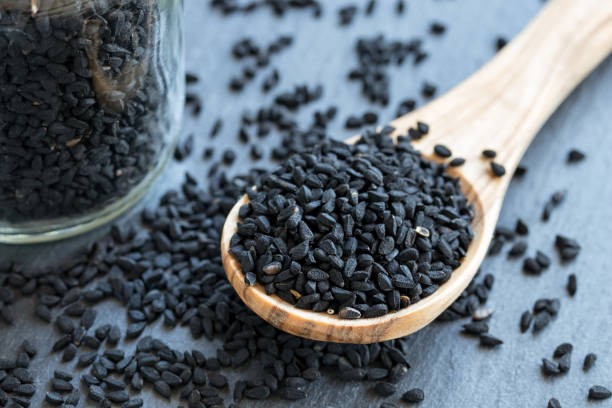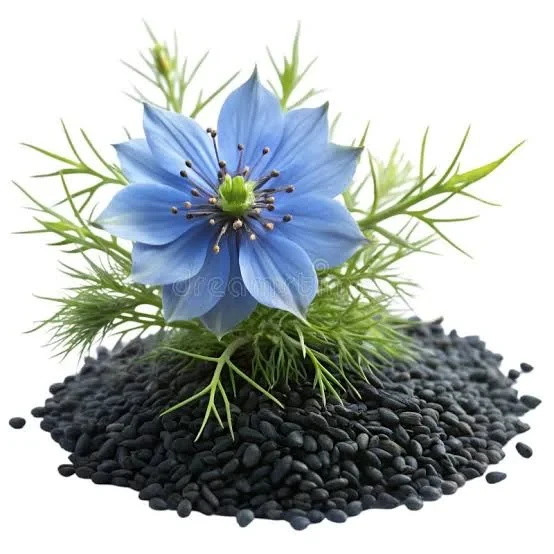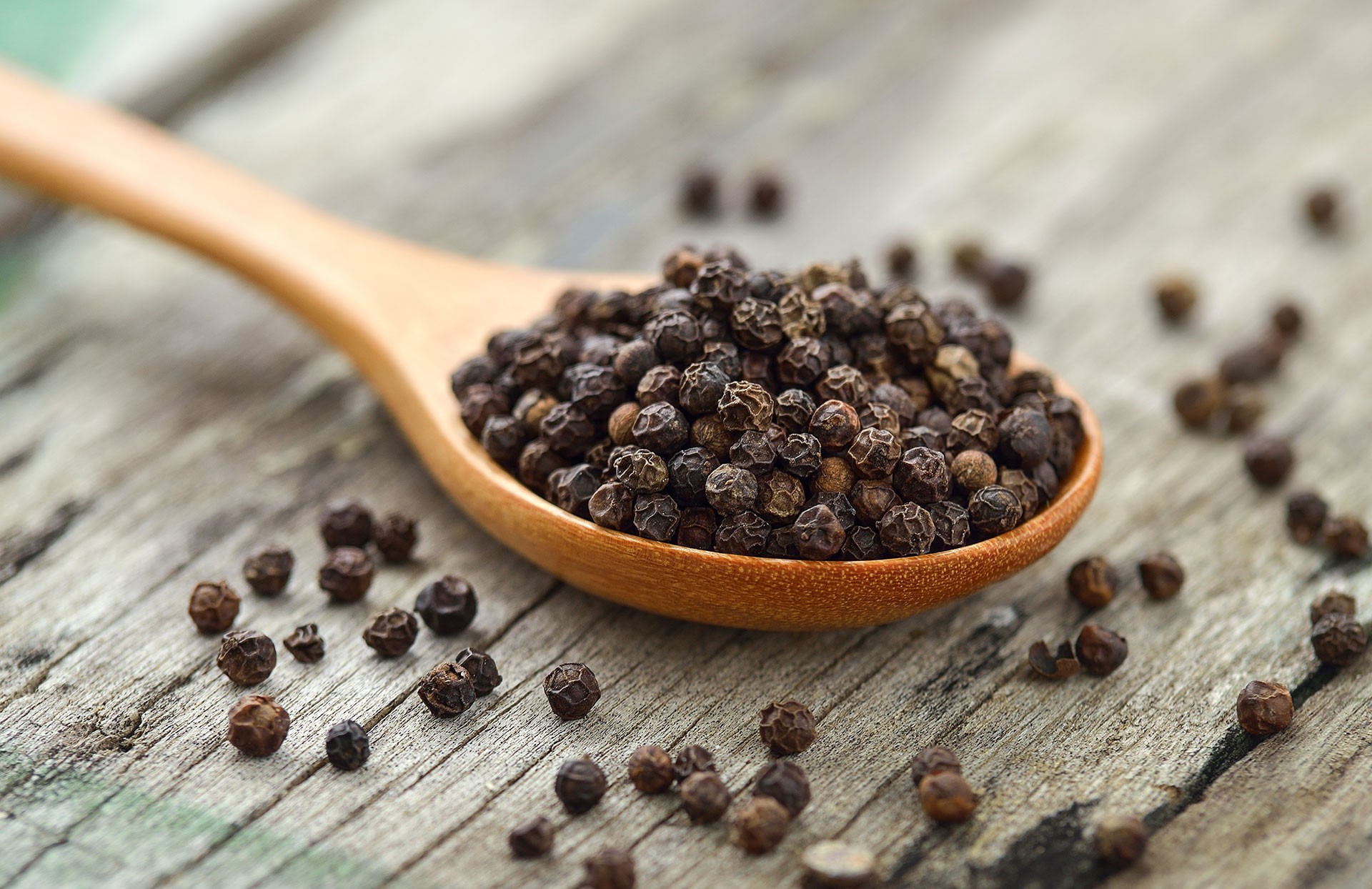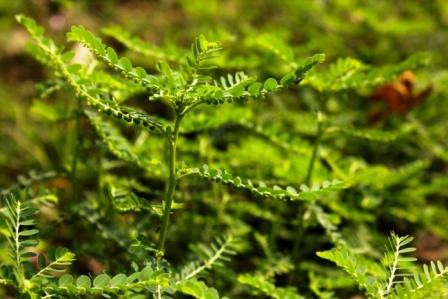
Background
Black Seed, also known as Nigella sativa, black cumin, or kalonji, is a flowering plant native to Southwest Asia. Its tiny black seeds have been used for centuries in Unani, Ayurveda, and Islamic medicine. The Prophet Muhammad reportedly said, “Hold on to the use of the black seed, for it has a remedy for every illness except death.”
Objective
To explore the traditional uses and scientifically validated benefits of Black Seed, and evaluate its potential applications in modern health care.
Active Compounds
-
Thymoquinone (TQ) – The most studied component, known for its antioxidant, anti-inflammatory, and anticancer properties.
-
Nigellone – Bronchodilator and anti-histamine effect.
-
Fixed oils (linoleic, oleic acids) – Good for skin, immunity, and inflammation.
Scientific Findings
1. Immunity Booster
-
Study: A 2013 study published in Immunological Investigations found that black seed oil enhanced immune response by increasing T-cells and natural killer (NK) cells.
-
Application: Used as a supplement for general immunity, especially post-COVID-19.
2. Anti-Diabetic
-
Study: Research published in the Journal of Endocrinology and Metabolism showed significant improvement in fasting glucose and insulin resistance in Type 2 diabetes patients.
-
Mechanism: Increases insulin sensitivity and reduces oxidative stress in the pancreas.
3. Antimicrobial Agent
-
Study: A 2011 report in Phytotherapy Research confirmed antibacterial properties against Staphylococcus aureus and H. pylori.
-
Use Case: Black seed oil used in treating infections and gastric ulcers.
4. Cancer Prevention
-
Study: Thymoquinone was shown to induce apoptosis (cell death) in cancer cells (breast, colon, pancreas).
-
Limitation: Promising in animal/cell studies but lacks strong human clinical trials.
5. Respiratory Relief
-
Used traditionally for asthma, bronchitis, and allergies.
-
Study: Double-blind trials showed improvement in asthma symptoms and lung function after 4 weeks of supplementation.
Market Impact
-
Global Market Value: Projected to reach $120 million by 2030, driven by demand for natural remedies.
-
Regions of High Usage: Middle East, India, North Africa, Europe, and increasingly in North America.
Challenges
-
Dosage Standardization: Lack of universally accepted dosage guidelines.
-
Regulation: Not FDA-approved as a drug; only sold as a dietary supplement.
-
Overhype Risk: Some sellers make unverified claims which may mislead consumers.
Conclusion
Black Seed is a high-potential natural remedy backed by centuries of traditional use and growing scientific evidence. While not a cure-all, it is a promising complementary supplement for immunity, diabetes, infections, and respiratory issues. More human clinical trials are required for mainstream medical acceptance.
Gallery


